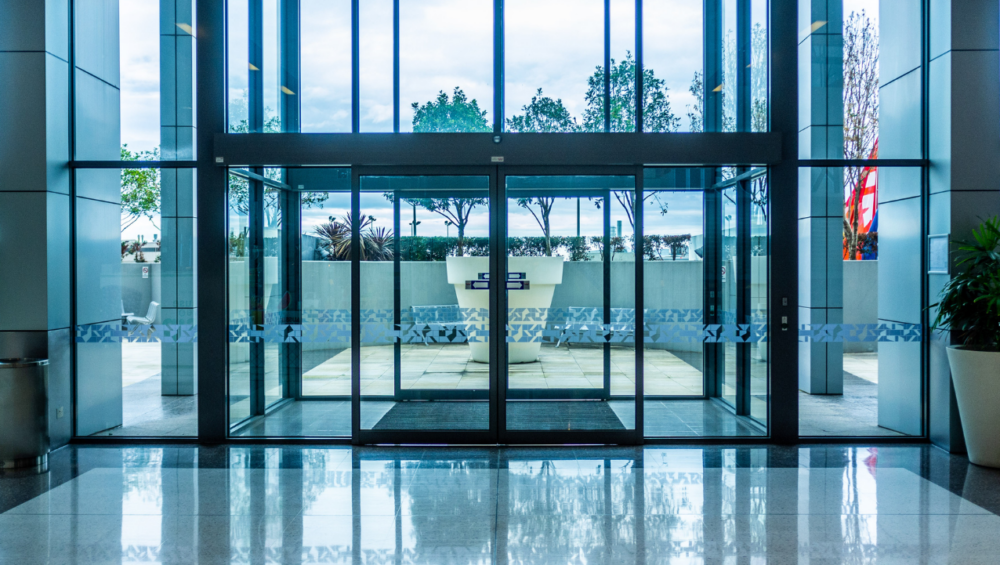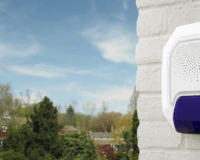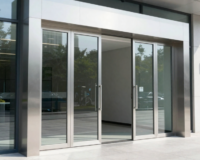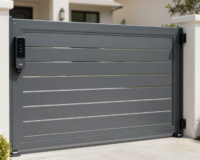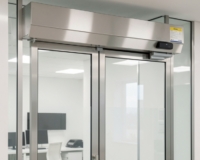Door automation refers to the use of technology to control the operation of doors. This can involve automatic opening and closing, access control, and enhanced security measures. The aim is to improve convenience, safety, and efficiency in both residential and commercial settings. Automated doors are commonly found in various places, including shopping malls, office buildings, hospitals, and homes, providing seamless entry and exit experiences.
Who Uses Door Automation?
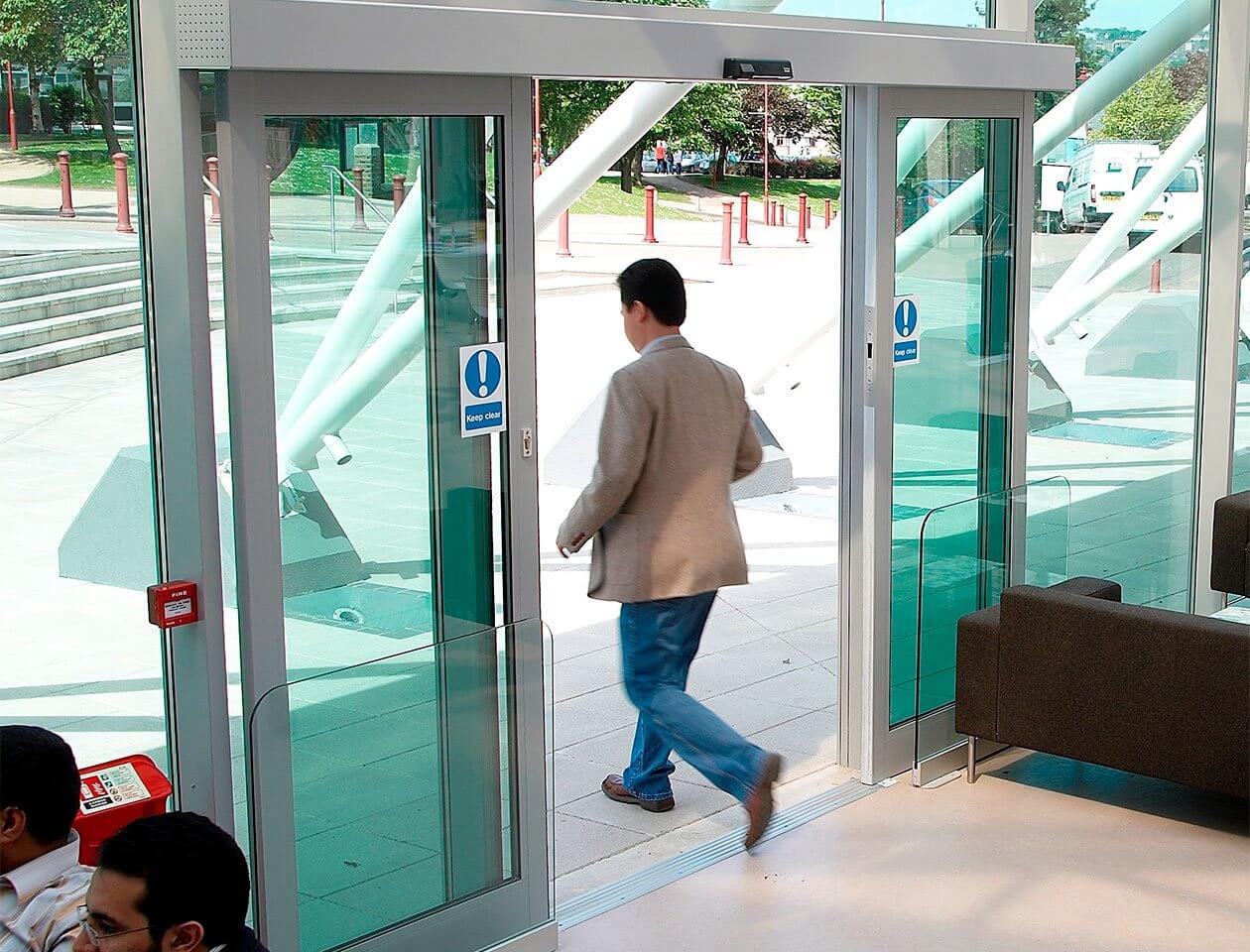
Automatic doors are invaluable across a variety of settings, serving multiple purposes. One of the most common reasons for installing automatic doors is to enhance accessibility and mobility within buildings. For individuals who use wheelchairs or have restricted mobility, such as the disabled, elderly, parents with strollers, or those carrying heavy loads, automatic doors significantly ease the process of entering and navigating a building.
Hygiene is another crucial factor driving the use of automatic doors. In busy buildings, countless people touch door handles daily, increasing the risk of contamination. Automatic doors eliminate this risk by providing a touch-free entry and exit solution, which is especially important in environments where hygiene is a top priority, such as hospitals, laboratories, and care homes.
Different Types of Door Automation
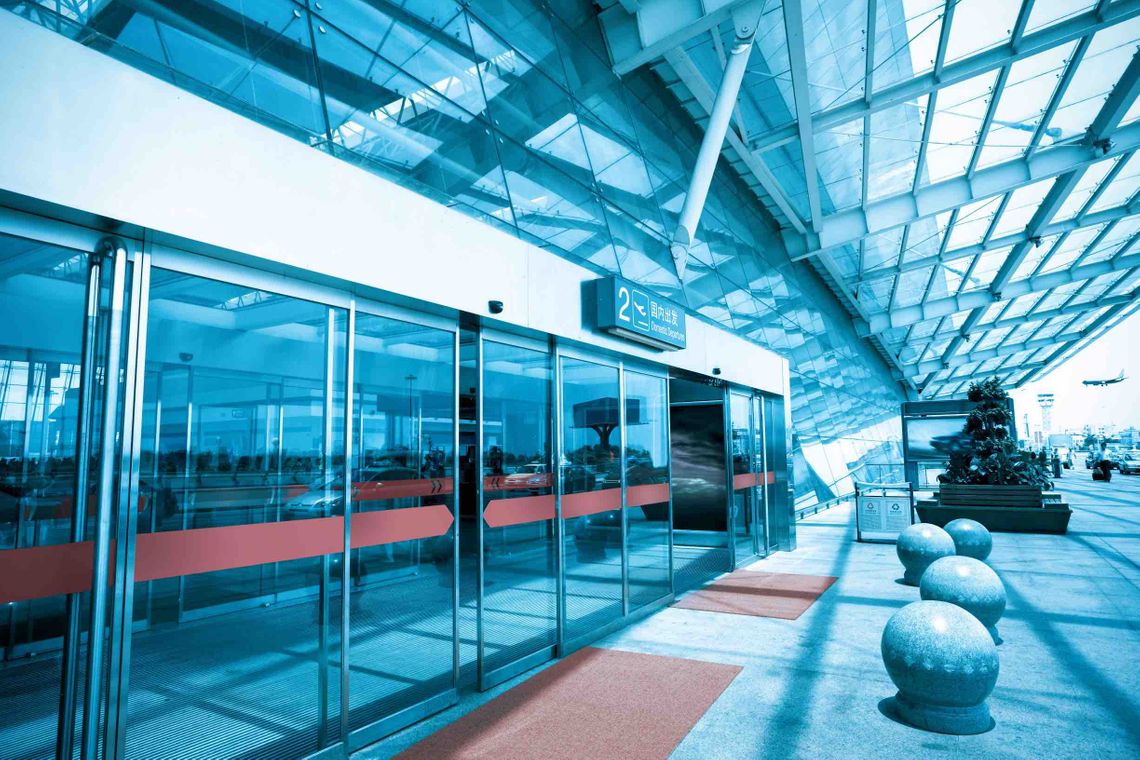
- Automatic Sliding Doors are commonly used for two-way or directional traffic. They come in various configurations, including single sliding doors, bi-parting sliding doors, and telescopic sliding doors.
- Automatic Swinging Doors are typically used for one-way traffic, either entering or exiting. These doors can be configured as single doors, pairs, or double doors.
- Automatic Folding Doors are ideal for spaces where space is limited. These doors can be single fold or bi-fold, allowing pedestrians to move in either direction through the same opening.
- Low Energy Swinging Doors can be activated by a push plate or operated manually. They are available in configurations including single, pairs, and double doors.
- Automatic Revolving Doors and Manual Revolving Doors (rotating doors) are designed for high-traffic areas, allowing pedestrians to enter and exit simultaneously. They can accommodate a large number of people moving in and out at the same time. Revolving doors are energy efficient, preventing drafts and reducing heating and cooling costs for buildings. Automatic revolving doors can have two, three, or four wings, which are usually made of glass.
Q & A for Door Automation
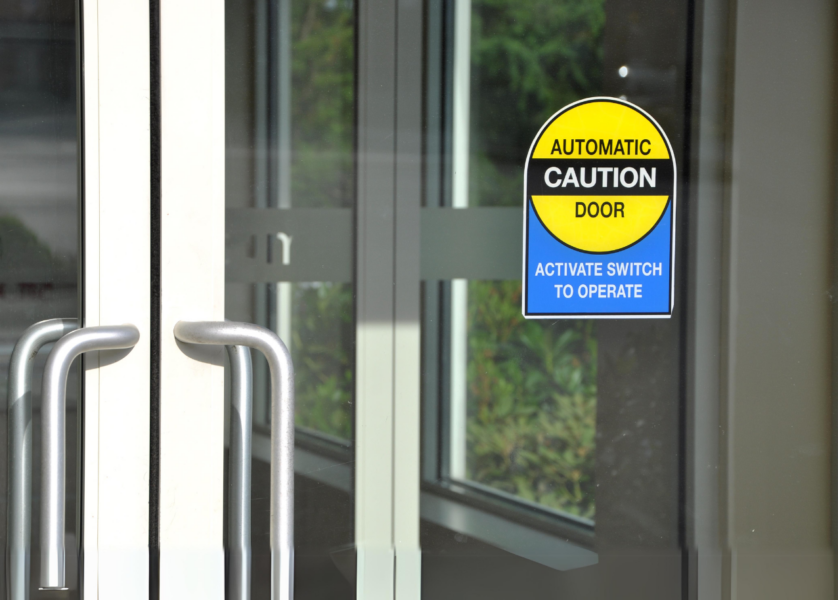
Q: What are the benefits of door automation?
A: Door automation offers numerous benefits, including improved accessibility, enhanced security, energy efficiency, and convenience. Automated doors help in managing foot traffic effectively and provide a modern, welcoming atmosphere.
Q: How does door automation enhance security?
A: Door automation enhances security by integrating access control systems, such as keycards, biometrics, or smartphone apps, which restrict entry to authorized individuals only. Automated doors can also be connected to alarm systems and surveillance cameras for added security.
Q: Can automated doors be integrated with smart home systems?
A: Yes, automated doors can be integrated with smart home systems, allowing control via smartphones, voice assistants, or automation platforms. This integration enhances convenience and security, providing users with the ability to monitor and control their doors remotely.
Q: What maintenance is required for automatic doors?
A: Regular maintenance is essential for automatic doors to ensure their smooth operation. This includes cleaning tracks and sensors, checking the mechanical and electrical components, and conducting safety tests. Professional servicing is recommended to address any technical issues.
Q: Are automated doors energy efficient?
A: Automated doors can be energy efficient, especially revolving doors and doors with advanced sealing mechanisms that prevent drafts and reduce heating or cooling loss. They contribute to maintaining the indoor climate, thus saving energy.
Q: How do automated doors contribute to accessibility?
A: Automated doors make buildings more accessible for individuals with disabilities, the elderly, or those carrying heavy loads. They eliminate the need to manually open doors, providing a seamless entry and exit experience.
Conclusion
Door automation is a transformative technology that enhances convenience, security, and efficiency across various sectors. From sliding doors in retail stores to smart garage doors in residential homes, the applications of door automation are vast and diverse. By understanding the different types of automated doors and their specific benefits, users can make informed decisions that meet their needs and improve their daily experiences. As technology continues to evolve, the future of door automation promises even greater advancements, further integrating with smart systems and contributing to the overall enhancement of modern living and working environments.
Contact Digital Home System to learm more information!

